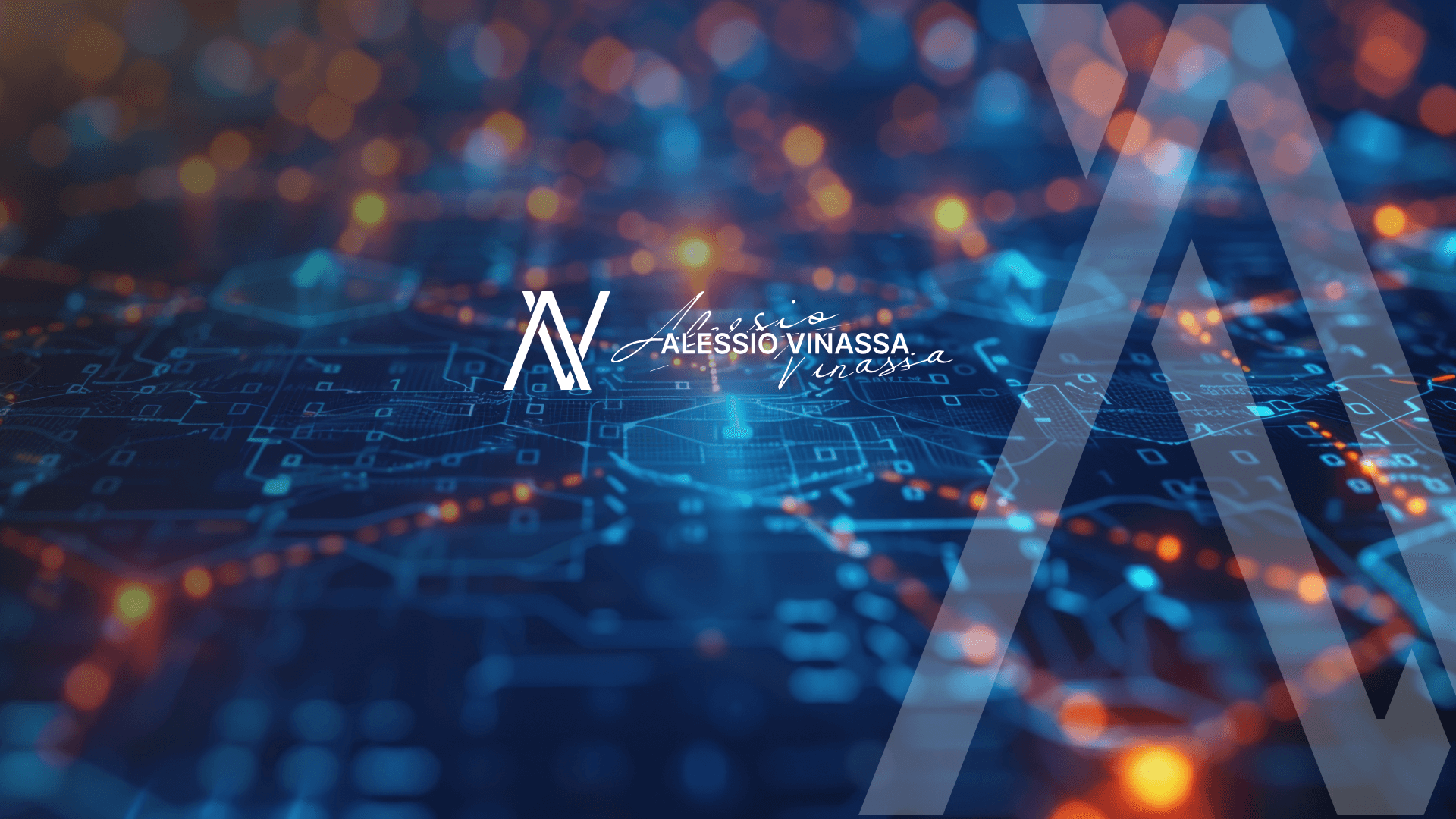
From Skepticism to Innovation: The Cultural Shift Behind Blockchain Adoption with Alessio Vinassa
When blockchain first entered public consciousness, it was met with everything from awe to outright mockery. Critics dismissed it as a passing fad, a risky experiment, or just another digital gimmick attached to speculative currencies. And yet, over time, blockchain has quietly shifted from fringe curiosity to the backbone of some of the world’s most forward-thinking digital systems.
This transformation didn’t happen through hype alone — it was driven by real-world innovation, relentless development, and the increasing demands of a global digital economy. As more entrepreneurs and institutions recognize the technology’s true value, we’re witnessing a cultural shift: from resistance to acceptance, from skepticism to substance.
Why the Skepticism?
Every technological revolution faces doubt. The internet itself was once considered impractical for commerce. Social media was dismissed as a toy. Similarly, blockchain’s early association with cryptocurrency and its market volatility created widespread misunderstanding.
- The complexity of the tech created barriers to comprehension.
- Early use cases focused on financial speculation.
- Media narratives often centered on scams and sensational headlines.
Yet behind the scenes, builders and entrepreneurs continued to explore the technology’s potential. The skepticism, in many ways, acted as a filter — pushing only the most committed and mission-driven innovators forward.
As Alessio Vinassa observes:
“Healthy skepticism forces you to refine your ideas. But if you let it dominate your vision, you’ll miss the very innovations that are reshaping the world.”
The Turning Point: Real-World Applications
Today, blockchain is being used to solve tangible problems across sectors:
- Finance: Enabling borderless, low-cost transactions through decentralized infrastructure.
- Healthcare: Securing patient data with privacy-preserving blockchain solutions.
- Supply Chains: Increasing traceability from production to delivery.
- Digital Identity: Giving individuals control over their credentials and privacy.
These applications have demonstrated that blockchain is not just about money — it’s about trust, transparency, and decentralization. They’ve played a pivotal role in reshaping public opinion and attracting institutional attention.
Entrepreneurs Leading the Cultural Shift
One of the most critical drivers of this change is the rise of the Web3 entrepreneur — individuals who don’t just build products, but challenge legacy systems and propose decentralized alternatives.
- They’re leveraging blockchain to drive international social impact.
- They’re enabling community-owned platforms that scale without compromising trust.
- They’re building businesses where users aren’t just customers, but co-owners.
Alessio Vinassa, whose work spans technology, impact entrepreneurship, and global business, is among those pushing this frontier forward.
“When you combine entrepreneurship with decentralization, you unlock something powerful — a system where growth isn’t limited by geography or gatekeepers. It’s innovation without borders.”
The Role of Global Development
The adoption of blockchain is no longer limited to Silicon Valley or crypto circles. In regions across Africa, Southeast Asia, and Latin America, blockchain is enabling:
- Financial inclusion for the unbanked
- Transparent voting and governance systems
- Cross-border commerce without traditional intermediaries
This decentralized technology aligns naturally with the needs of international development — where trust in institutions may be low, and digital infrastructure is crucial for economic participation.
Key Takeaways
- Initial skepticism around blockchain was rooted in fear, complexity, and early misuse — but real-world use cases are changing perceptions.
- Entrepreneurs are playing a central role in shifting the narrative, especially through transparent, community-driven models.
- Alessio Vinassa emphasizes that skepticism, when paired with vision, fuels deeper innovation and stronger solutions.
- The cultural shift from doubt to adoption is accelerating in international markets, where blockchain fills systemic gaps and enables new models of business growth.
- Web3 is no longer a niche — it’s the foundation of a more participatory and resilient digital future.
Conclusion
Skepticism, when left unchecked, limits progress. But when engaged thoughtfully, it can catalyze better systems, sharper thinking, and more resilient innovation. Blockchain’s journey from doubt to global adoption is a testament to that process — and to the entrepreneurs, developers, and communities who believed in the technology long before it was understood.
As this cultural shift continues, we’ll see blockchain not as a trend, but as a critical infrastructure layer for international development, ethical business models, and human-centered innovation.
To know more about Alessio Vinassa and his business philosophies, visit his website at alessiovinassa.io.
You can also find and follow him on the following social platforms:
Instagram – @alessiovinassa.business
Facebook – Alessio Vinassa Business
X (Twitter) – @vinassa_alessio